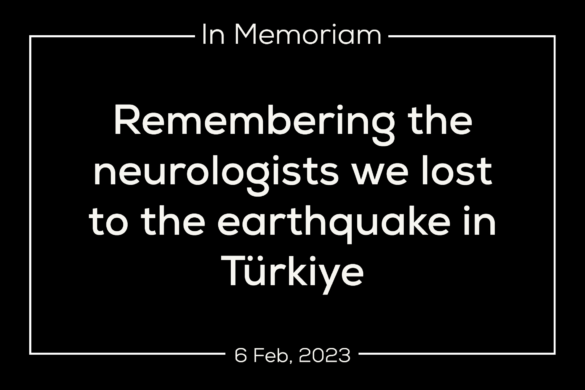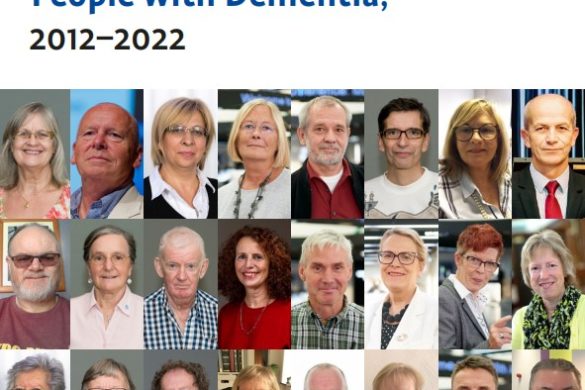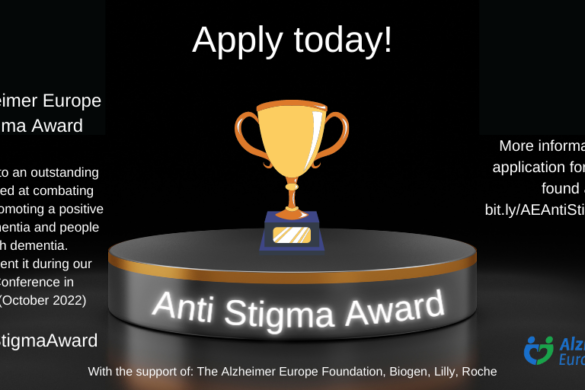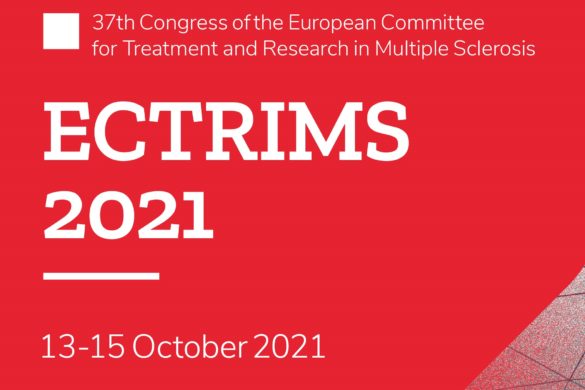Alzheimer Europe is delighted to have co-authored a new paper, published in the journal Alzheimer’s Research & Therapy, called ‘Dementia risk communication. A user manual for Brain Health Services’. It is part of a thematic series on Brain Health Services.
Growing evidence suggests dementia incidence can be reduced through prevention programmes targeting risk factors. To accelerate their implementation, a new generation of brain health services is envisioned, involving risk profiling, risk communication, risk reduction, and cognitive enhancement. The purpose of risk communication is to enable individuals at risk to make informed decisions and take action to protect themselves and is thus a crucial step in tailored prevention strategies of the dementia incidence. However, communicating about dementia risk is complex and challenging.
This new paper provides an overview of perspectives on communicating dementia risk from an ethical, clinical, and societal viewpoint; insights gained from memory clinical practice; available evidence on the impact of disclosing APOE and Alzheimer’s disease biomarker test results gathered from clinical trials and observational studies; the value of established registries in light of BHS; and practical recommendations regarding effective strategies for communicating about dementia risk.
Based on the research reviewed, the paper recommends that dementia risk communication should be precise; include the use of absolute risks, visual displays, and time frames; be based on a process of shared decision-making; and address the inherent uncertainty that comes with any probability.
Jean Georges, Executive Director, Alzheimer Europe is one of the contributing authors.
You can read the paper, here: https://bit.ly/3DtTHvQ













